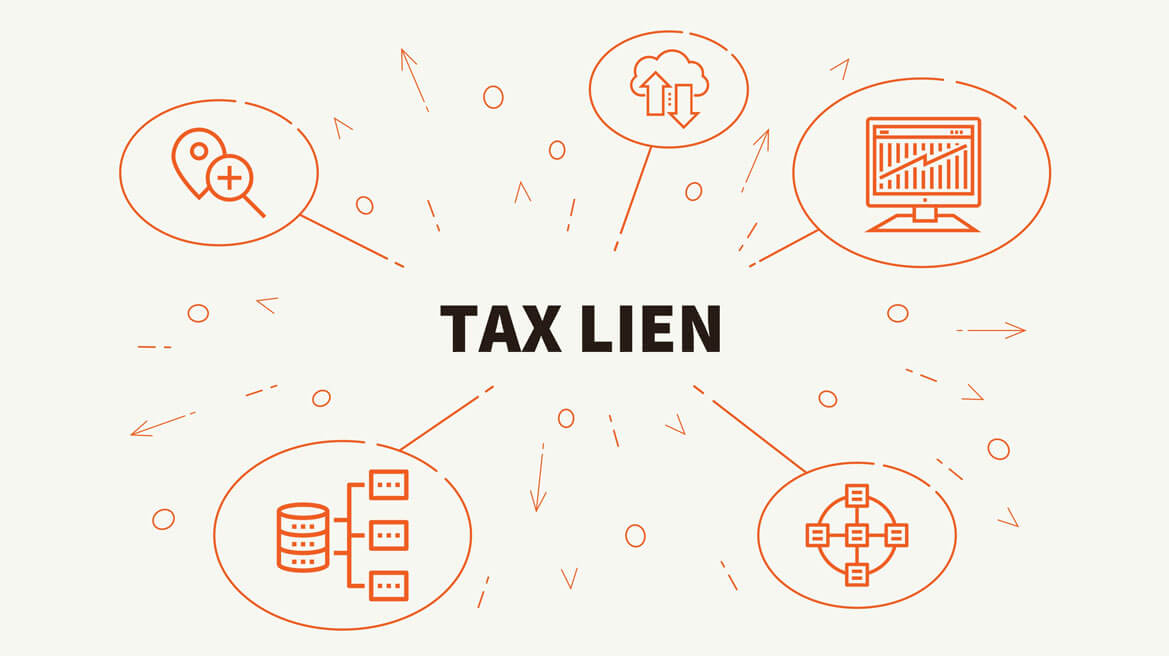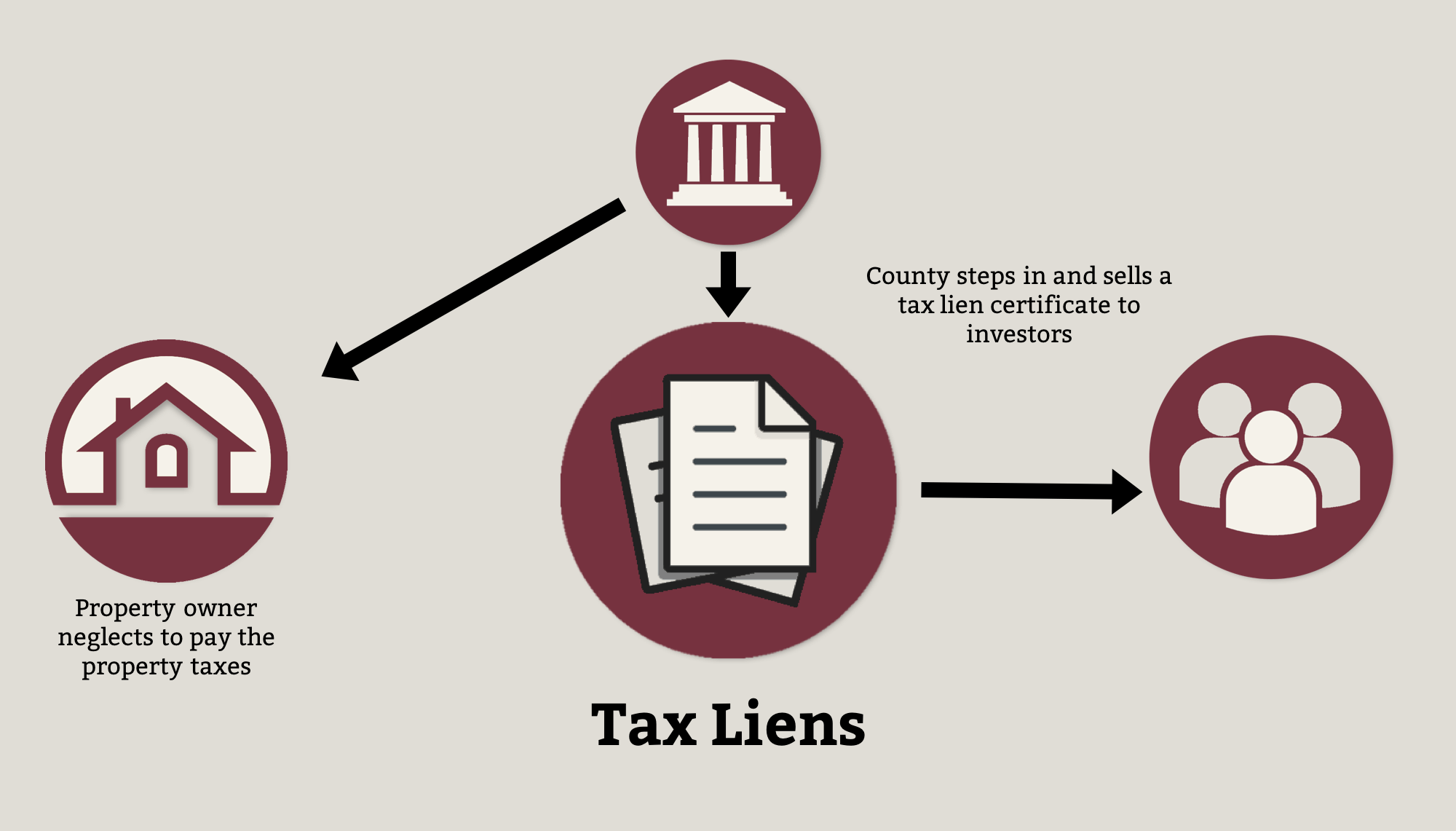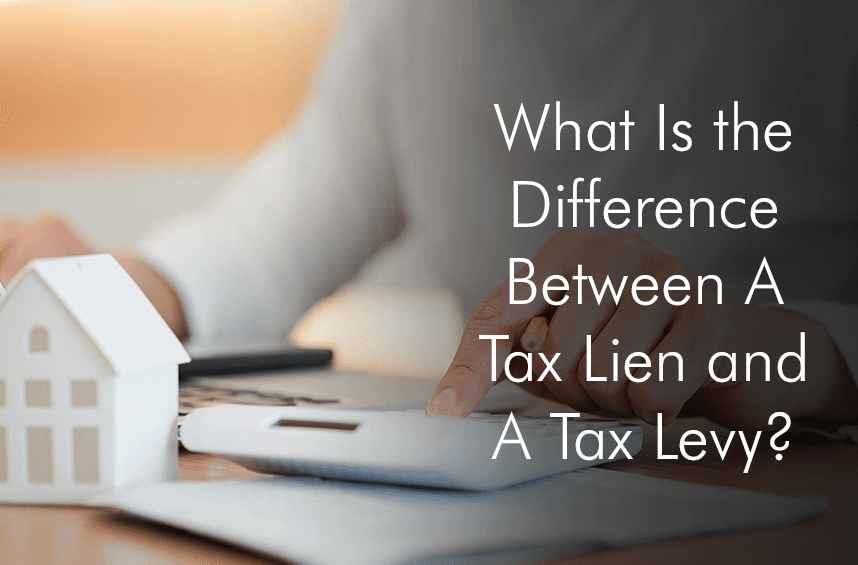All Categories
Featured
Table of Contents
In a lot of cases, you will certainly have to outbid various other financiers by supplying to pay a higher costs (texas tax lien investing). This costs is usually less than the real quantity of tax obligations owed, but it's up to the investor to decide if the threat deserves the collection benefit. In a lot of areas, real estate tax are around one percent of the property's worth

Tax lien capitalists make their money on the rate of interest settlements they gather when the homeowner repays the taxes they owe. In some areas, these passion rates are as high as 18 percent, which is greater than the typical bank card rates of interest. Homeowner can pay what they owe simultaneously, or they can take place a settlement plan ranging from one to three years.
Tax Lien Investing California
In the above example, somebody with an exceptional tax obligation financial debt of $4k (2 years of back taxes) would certainly be giving a tax obligation lien holder with possibly as much as $720 in passion repayments, functioning with the 18 percent rates of interest we mentioned previously. One of the best benefits to tax obligation lien capitalists is the possible to get a new home for their property profile, without having to pay its market worth.

It's a win-win scenario for the tax obligation lien investor. There are some cons to tax obligation lien investing.
When the lien is paid, the financier must carry on and seek a new financial investment. Of training course, if the property owner is still in default, the lien holder will obtain the building, which can become a repeating income. Somebody that purchases a tax lien might locate themselves knotted with various other liens on the residential or commercial property, particularly if they end up asserting the building in case the financial debt goes overdue.
This might bring about great deals of lawful battles, which is why it's essential to collaborate with legal representatives and tax consultants that recognize points like deed vs title. and can help with carrying out due diligence on a property. The regulations around tax lien investing (and relevant issueslike foreclosing on lessees) are not uniform throughout states that offer financiers the capacity to take part in a tax lien sale.
Considered that tax obligation liens are usually cost auction, contending prospective buyers will bid up the costs and bid down the rate of interest that can be gathered on the unsettled taxes. The champion of the auction will be the actual estate financier who is paying the highest premium and obtaining the most affordable rates of interest in return.
Investing In Tax Lien Certificates
In this blood vessel, tax obligation lien investing is a little bit a lot more sport-like than traditional passive means of gaining income. The first point you'll wish to do is obtain acquainted with the location you're considering in regards to the property market. Remember that one benefit of becoming a lienholder is gathering the residential property if the financial obligation goes unpaid, so you will need to understand where that residential property is.
When you've identified these details out, you require to call your local area treasurer's office to learn when and where the following tax obligation lien public auction is being held. These public auctions are commonly held in individual, yet in today's day and age, much of have actually transitioned to online venues.

The majority of local documents release these listings each year or semiannually. Keep in mind that home tax obligations are typically one percent of the property worth, yet unpaid taxes building up over numerous years could be a more sizable amount.
How To Invest In Tax Liens
it has actually the added perk of acquiring the home if the financial obligation remains overdue. While it can be a lucrative opportunity for the investor, it does need some tactical footwork. Tenants and homeowner do have lawful defenses that make tax obligation lien spending a much more engaged procedure than just bidding to purchase a financial obligation and waiting to gather the settlement.
Spending in tax obligation liens includes buying a lawful claim on a residential or commercial property because of overdue building tax obligations. This method of investing has actually acquired popularity because of its possibility for high returns with fairly reduced preliminary capital. Tax obligation liens are usually marketed at auctions, and the process can vary depending on the location.

Capitalists seek out tax obligation liens for several reasons: 1. Reduced First Investment: Tax lien spending usually calls for a tiny amount of cash to begin, making it accessible to a large variety of investors.
Tax Lien Investing Online
Building Procurement: If the home owner falls short to pay the overdue taxes and interest within the redemption duration, the investor may have the right to seize and obtain the building. When investors buy a tax lien, they pay the past due taxes on a building and obtain a tax lien certificate.
Payment by the Building Proprietor: The home proprietor settles the past due tax obligations plus rate of interest within a given duration, and the investor obtains the settlement with interest. Repossession: If the residential or commercial property owner does not repay the taxes within the redemption period, the capitalist can start repossession procedures to acquire the home.
The self-directed IRA purchases the lien certification and pays associated fees. Expect the homeowner repays the lien, and the profits return to the IRA. If the property is seized and offered, the sale profits also return to the individual retirement account, potentially expanding the retired life cost savings. Tax obligation Lien: The federal government sells a lien on the property because of overdue taxes.
How To Invest In Tax Lien Certificates
Tax Act: The federal government offers the actual deed to the home at auction. The winning prospective buyer obtains possession of the residential or commercial property instantly. Some states utilize a hybrid strategy, where a lien may bring about a deed sale otherwise paid off. According to the National Tax Lien Organization (NTLA), 36 states and 2,500 jurisdictions within the US permit the sale of tax liens, while only 31 states enable tax act sales.
Table of Contents
Latest Posts
Tax Surplus
Delinquent Taxpayers List
Government Tax Foreclosure Auction
More
Latest Posts
Tax Surplus
Delinquent Taxpayers List
Government Tax Foreclosure Auction